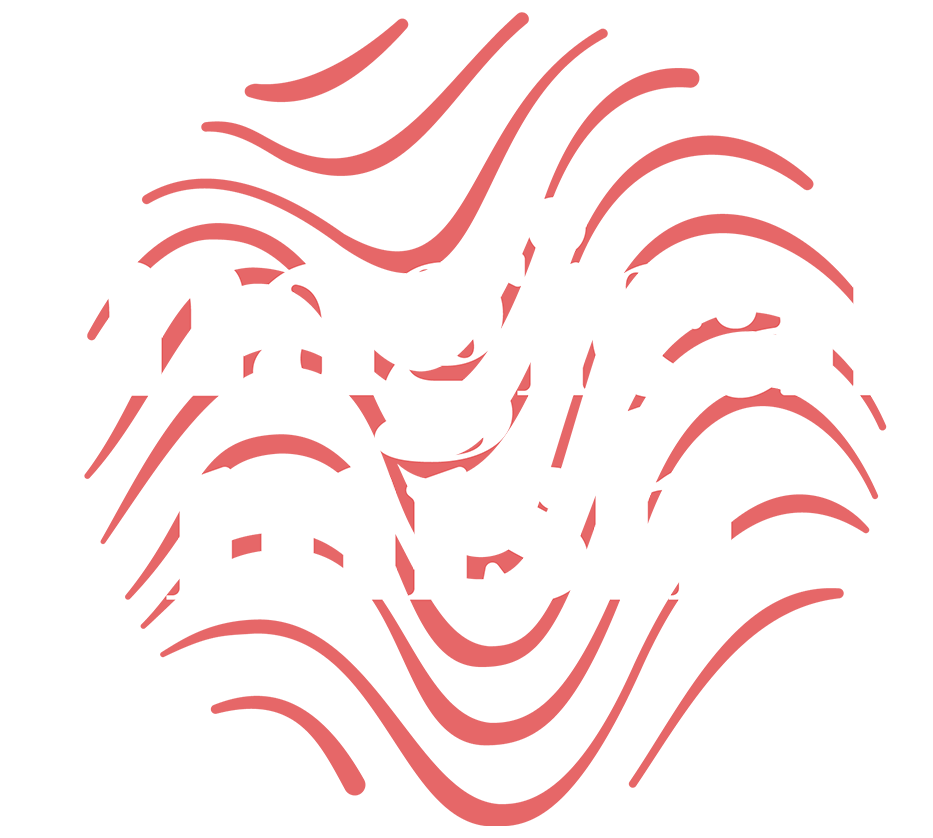
Breaking Free from Self-Criticism: Embracing Supportive Strategies for Personal Growth
August 19, 2024
Discovering How to Support My Unique Self: My Journey with Long COVID, Trauma, and Understanding the Value of DNA (Part 1)
August 29, 2024Overcoming Imposter Syndrome: Reclaim Your Confidence and Authentic Power
Imposter syndrome—those nagging thoughts that whisper, “You’re not good enough,” or “You’re too much,” or “Soon, they’ll all realise you’re a fraud”—has a way of creeping into our minds, even when we’re standing on the precipice of success. As an empath and someone deeply in tune with others’ feelings, you might find yourself particularly susceptible to these doubts, absorbing the expectations and judgments of those around you, often at the expense of your own inner truth.
But here’s the thing: You are not alone in feeling this way. Many brilliant, capable, and accomplished people experience imposter syndrome. It’s a common experience, but it doesn’t have to define you or hold you back. Let’s dive into what imposter syndrome is, why it shows up, and how you can begin to transform this self-doubt into self-assurance using some of the powerful techniques we explore together in our coaching journey.
What Is Imposter Syndrome?
Imposter syndrome is the persistent feeling that your success is undeserved or that you’re somehow fooling others into believing you’re more competent than you feel you are. It’s that internal voice that questions your worthiness, even when external evidence points to your skills, talents, and accomplishments.
For empaths, this can be especially challenging. Your deep sensitivity to the emotions and expectations of others can amplify these feelings of inadequacy. You might find yourself comparing your internal struggles to the seemingly effortless success of others, or dismissing your achievements as mere luck rather than the result of your hard work and unique gifts.
Why Does Imposter Syndrome Happen?
Imposter syndrome often stems from perfectionism, fear of failure, and the pressure to meet high standards—whether those are set by society, family, or ourselves. When you’re constantly striving to please others or live up to an idealized version of yourself, it’s easy to feel like you’re falling short, even when you’re doing wonderfully.
As empaths, we sometimes internalize others’ judgments and expectations, making it difficult to discern our true feelings from those imposed upon us. This blurred boundary can feed into the imposter narrative, making us feel like we’re never quite good enough.
How to Overcome Imposter Syndrome
Overcoming imposter syndrome isn’t about magically eliminating all self-doubt. It’s about reconnecting with your authentic self, honoring your unique journey, and transforming those doubts into powerful motivators for growth and self-discovery. Here’s how we can work together to make this shift:
- Reclaim Your Inner Voice with Feeling Literacy:
- In our coaching sessions, we focus on feeling literacy—learning to identify and understand your own feelings separate from those you’ve absorbed from others. By tuning into your true emotions, you can begin to differentiate between the voice of imposter syndrome and the voice of your authentic self. This clarity allows you to respond to doubts with compassion rather than criticism.
- Transform Doubts with the “Call a Time Out” Tool:
- When imposter syndrome strikes, it’s easy to get caught in a loop of negative self-talk. That’s where the “Call a Time Out” tool comes in. This technique helps you pause, breathe, and create space to reflect before those doubts spiral out of control. During this time-out, you can assess the situation objectively and choose a response that aligns with your values and strengths.
- Challenge Limiting Beliefs with “The Work”:
- One of the most effective ways to dismantle imposter syndrome is by challenging the limiting beliefs that fuel it. Using Byron Katie’s “The Work” in our coaching, we ask four key questions to examine these beliefs and uncover the truth. This process helps you see that many of the thoughts driving your imposter feelings are simply not true, allowing you to step into your power with clarity and confidence.
- Set Intentions Based on Self-Validation:
- Rather than striving to meet external standards or seeking validation from others, we focus on self-validation. By setting intentions that reflect your inner truth and values, you can ground yourself in what truly matters to you. This shift from seeking approval to honoring your own journey helps dissolve the need to prove yourself and fosters a deep sense of self-assurance.
- Celebrate Your Successes with Compassion:
- Often, we downplay our achievements or brush them off as luck. Together, we’ll work on acknowledging and celebrating your successes—no matter how small. By recognizing your hard work and the unique qualities that contributed to your achievements, you’ll start to build a stronger foundation of self-confidence and self-love.
Moving Forward with Confidence and Authenticity
Imposter syndrome doesn’t have to hold you back. By embracing your feelings, challenging limiting beliefs, and reconnecting with your authentic self, you can transform those doubts into stepping stones for growth. Remember, your journey is uniquely yours, and every step you take—no matter how small—deserves to be celebrated.
In our coaching work, we’ll continue to explore these tools and techniques to help you overcome imposter syndrome and step fully into your power. You are more than enough, just as you are, and together, we’ll help you see that truth clearly and confidently.
Ready to reclaim your confidence and embrace your authentic power? Let’s connect and begin your journey to overcoming imposter syndrome together. Book a free discovery call with me today, and let’s take the first step toward the empowered, confident life you deserve.
